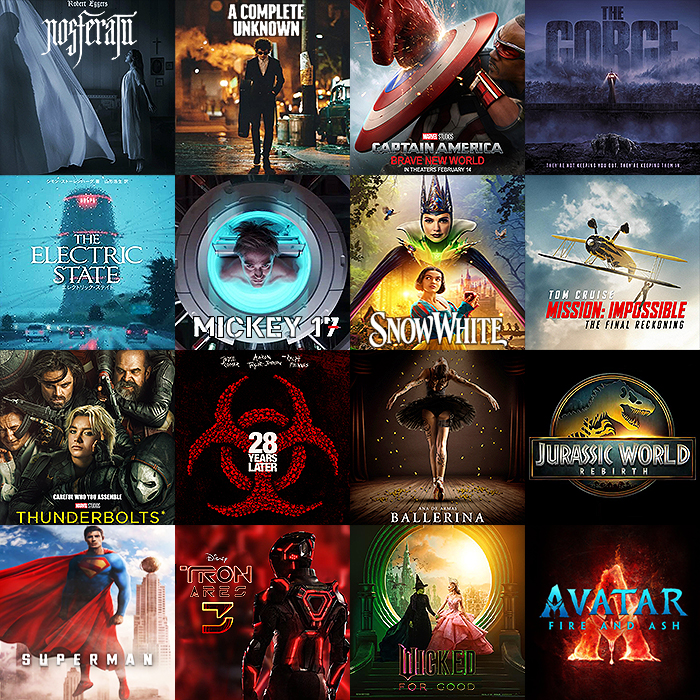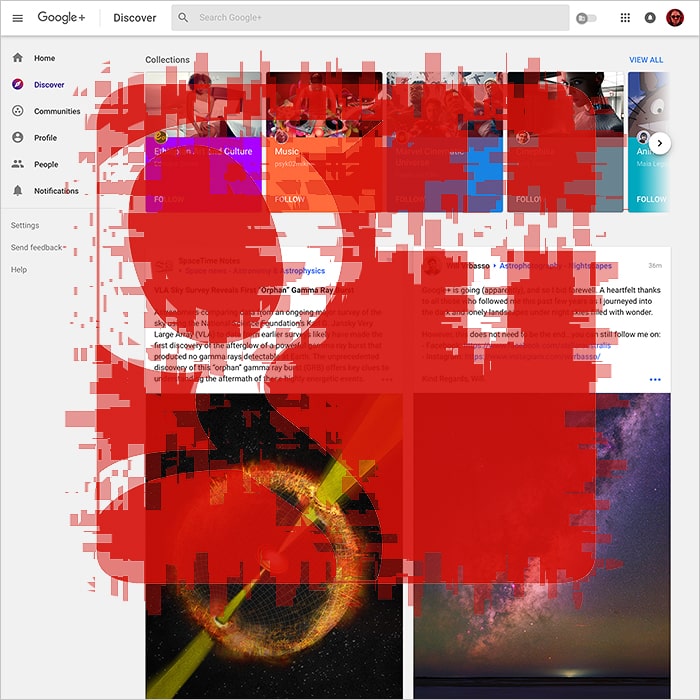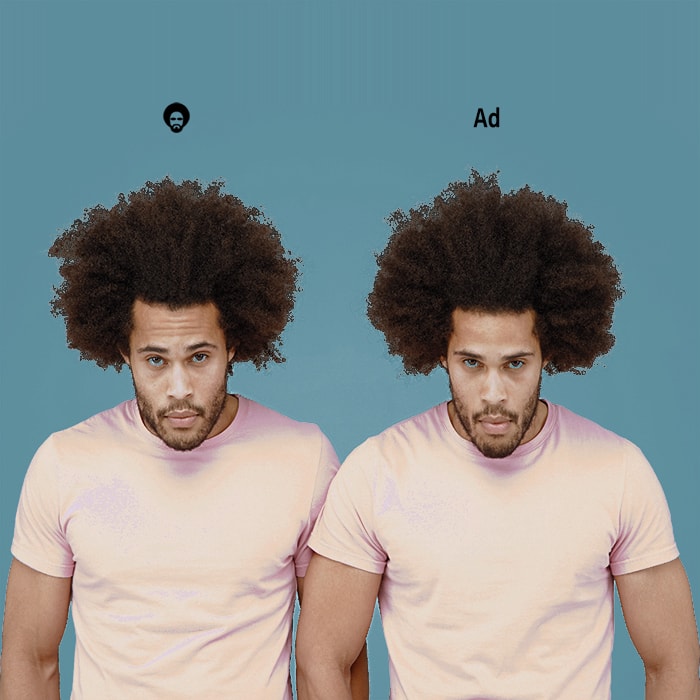The EU's new Privacy Ruling vs Google is not really in the Public's Best Interest

This all started with Spanish Citizen’s Mario Costeja González discontent over a Google Search Result on his name which referred to an article featuring information about the repossession and auction of his home some years earlier. He argued that this was ’out-of-date’ information which was an affront to his ’Dignity’ and his ’Right to Privacy’. He argued that he had a ’Right to be forgotten’ and that Google should be made to remove search results which were deemed no longer personally or currently relevant. The irony is that because of this case the whole world now knows about what he was trying to suppress. For lots of celebrities - the height of their success was in the past - should that information be deemed no longer current and therefore irrelevant also?
I totally understand there might be an issue for an individual if their top Google search result was something defamatory, scurrilous or false. In which case the individual should really target the source material or origin of the reference as well as the search engines. If it’s a matter of selectively editing unfavourable information, then we’re in an entirely different ballgame.
As always, the rich and the powerful will abuse their rights to privacy to selectively ’airbrush’ the past. It sets a dangerous precedent for information archives like Wikipedia too, and I totally understand why Jimmy Wales is highly critical of this ruling.
At its core, the ruling gives individuals free reign to challenge Google on it Search Results - citing right to privacy and claiming that certain results should be removed as they are right now ’irrelevant or outdated’. The wonder of the Internet has always been that it is an open and free-range environment. Introducing these kinds of privacy restrictions runs counter to the very spirit of the Internet and moves us one step closer to the kind of totalitarian and heavily censored regime exercised by countries such as China. The Internet has always been a little bit about ’reading between the lines’ and ’the truth is out there’! This has never meant that the first search result is necessarily the most definitive or the most correct.
Being able to selectively edit what’s out there though is re-writing history, it’s social censorship by way of privacy. Persons can distort their employment history, remove less attractive periods and misdemeanours as something which is no longer currently relevant. If you argue that every man and woman is a sum of their experiences - what they have done, and what they have achieved, then surely everything is relevant. At the root of all of this is freedom of speech, and freedom of access to public information. I’m not talking about data-mining some sensitive account directory, but linking through to materials of public record.
As a student I would do a lot of research through old papers and magazines via the local library microfiche readers. Imagine if for ’Privacy Reasons’ various records has been removed and redacted from the index - there would be vast swathes of social history effectively hidden from discovery.
As I said initially, there should certainly be some right to challenge defamatory, scurrilous or false references if they appear as the top search results, but to be able to challenge search results on the basis of ’Dignity’ means that all kinds of things can be hidden from public view. Most of us have areas of our lives we are not particularly proud of, but we persevere and we overcome, and it makes us who we are today. If we give citizens the right to suppress the truth - where will that leave us as a society? I’m quite aware that there is a lot of bad stuff and trolling that goes on on the Internet - but Google and Wikipedia are 2 resources I use many times on a daily basis. I know that they are both open to distortions - which is why I ’Triangulate’ my research and refer to 3 or more sources. I am vehemently opposed to censorship and ’massaging of the truth’; and while I am in favour of protecting the individual, I would not do it at the expense of the public interest, and would certainly not wish to distort historical truths.
The people who have most to gain from these new rulings are those with things to hide - the politicians, celebrities and oligarchs who occasionally dabble in unsavoury activities that they may later wish to remove from their records. The criteria for how individual cases should be treated is horribly complex, and the cost of processing the potential flood of requests is likely insurmountable. This ruling actually creates more problems than it solves. Suppressing factually correct information is never a good policy - it’s one step away from burning books...

Did you find this content useful?
Thank you for your input
Thank you for your feedback
Upcoming and Former Events
Affino Innovation Briefing 2024
Webinar - Introduction to Affino's Expert AI Solutions - Session #2
Webinar - Introduction to Affino's Expert AI Solutions - Session #1
PPA Independent Publisher Conference and Awards 2023
Meetings:
Google Meet and Zoom
Venue:
Soho House, Soho Works +
Registered Office:
55 Bathurst Mews
London, UK
W2 2SB
© Affino 2024
























